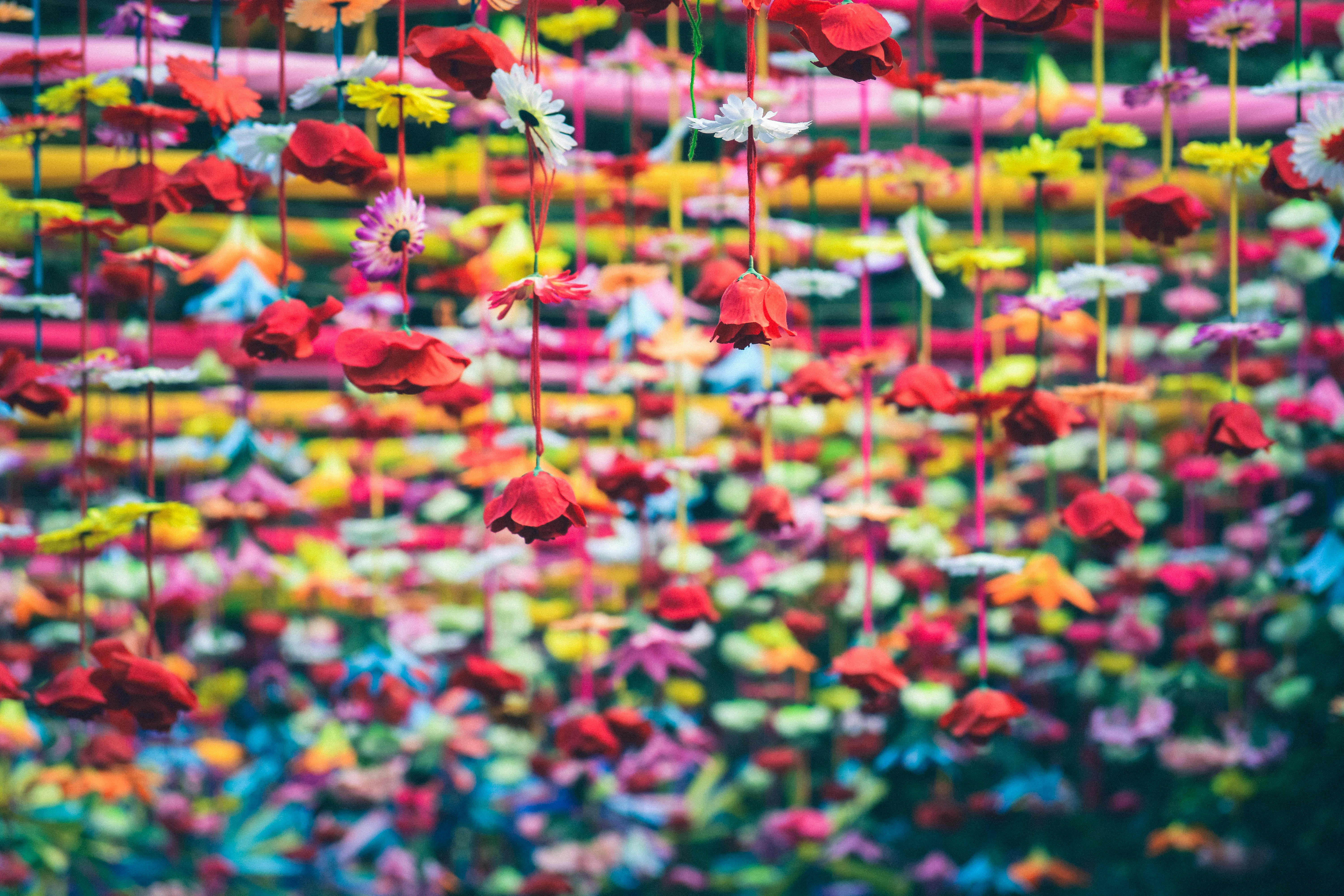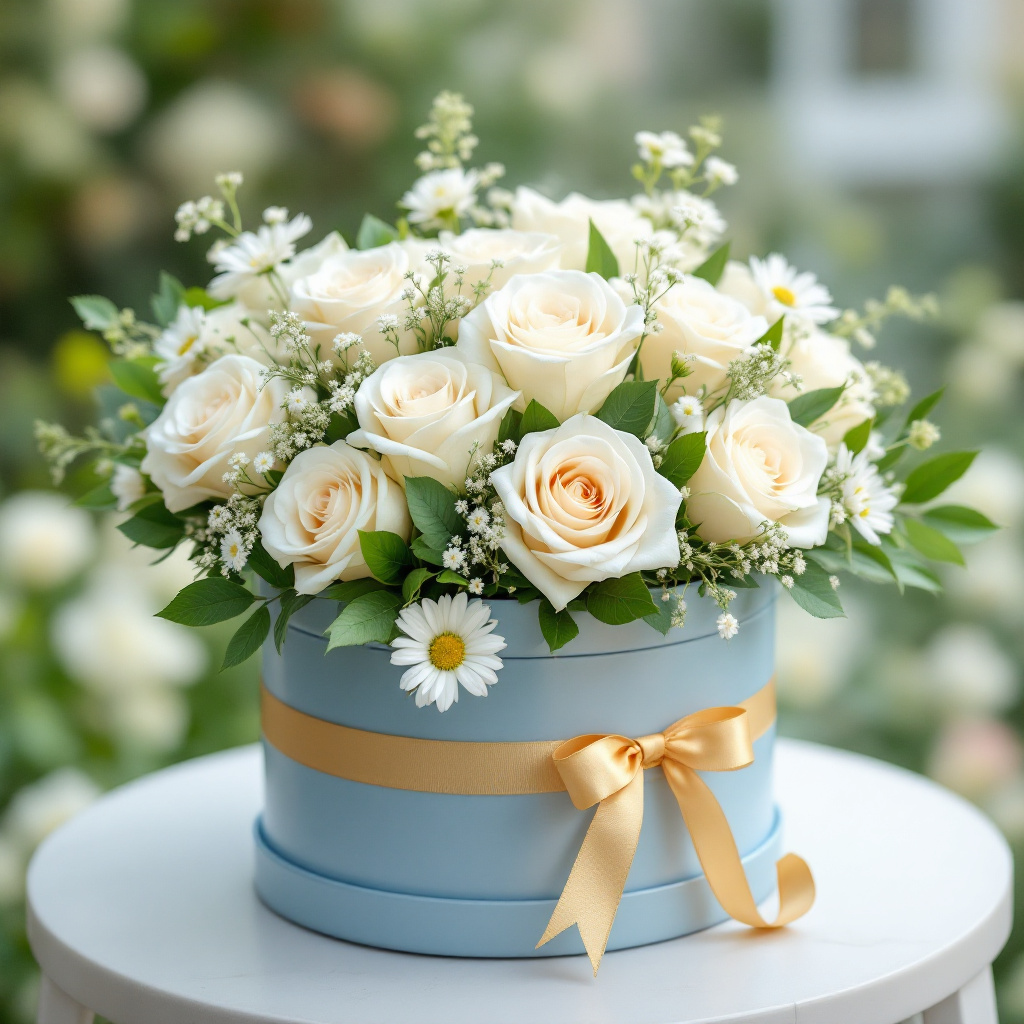
Shavuot, also known as the Feast of Weeks, is a major Jewish holiday that holds immense historical and spiritual significance. It is observed on the sixth day of the Hebrew month of Sivan, approximately seven weeks after Passover. This festival commemorates the pivotal moment when the Torah was given to the Israelites at Mount Sinai, marking a transformative period in Jewish history. The holiday reinforces the foundational values and commandments that guide Jewish life and law.
Beyond its historical context, Shavuot is intrinsically linked to the agricultural calendar. It coincides with the wheat harvest in Israel, symbolizing abundance and gratitude for the land’s bounty. As such, the observances of this holiday encompass both the joy of receiving the Torah and an appreciation for the cycle of nature. In agricultural communities, Shavuot was also a time for farmers to bring their first fruits (Bikkurim) to the Temple in Jerusalem, further solidifying the holiday’s themes of gratitude and communal connection.

A central practice of Shavuot is the reading of the Ten Commandments in synagogues, which serves as a reminder of the covenant between God and the Jewish people. These commandments encapsulate the ethical and moral standards that have shaped Jewish identity and culture throughout centuries. The ritual reinforces the importance of community, as congregants gather to reflect on their shared heritage and responsibilities. Shavuot thus serves not only as a memorial of the Torah’s revelation but also as a time for personal and communal introspection, fostering a greater understanding of one’s faith and obligations.
Flowers: A Symbol of Celebration
Flowers hold a special significance during the Jewish holiday of Shavuot, serving not only as decorative elements but also as profound symbols of celebration and renewal. Traditionally, flowers are used to adorn synagogues and homes, creating an atmosphere that enhances the joyous spirit of this festival. As Shavuot marks the giving of the Torah at Mount Sinai, the blossoming of flowers serves as a beautiful metaphor for new beginnings and the divine gifts bestowed upon the Jewish people. Throughout this period, various types of flowers are favored for their unique meanings and associations, adding layers of symbolism to the celebration.
One of the most commonly used flowers is the lily, which represents purity and holiness, aligning well with the themes of Shavuot. Lilies are often seen in floral arrangements that grace the classrooms where Torah study takes place. The use of other vibrant flowers, such as daisies and roses, also contributes to the aesthetics of the holiday, symbolizing joy and beauty. Each bloom adds to the emotive tapestry that signifies gratitude for the abundant harvest and the spiritual abundance represented by the Torah.

Furthermore, floral decorations during Shavuot embody the values of nature and the agricultural aspects inherent to the celebration, as it coincides with the wheat harvest in Israel. This interconnection of flowers with agricultural bounty acts as a reminder of the cyclical nature of life and the importance of gratitude. When gathered in abundance, these fresh flowers not only beautify the environment but also serve as a reminder of life’s renewal and the divine blessings received. Ultimately, flowers play an essential role in Shavuot festivities, enriching the celebration through their symbolic connections while fostering a joyous and festive atmosphere.
Choosing the Right Flowers for Shavuot
When it comes to decorating for Shavuot, selecting the right flowers is key to capturing the essence of the celebration. Traditionally, this Jewish festival marks the giving of the Torah at Mount Sinai and is associated with the agricultural harvest. As such, floral arrangements play a significant role in enhancing the festive atmosphere of homes and synagogues alike. Popular choices for Shavuot decorations include lilies, which symbolize purity and renewal; roses, known for their beauty; and various spring flowers like daisies and peonies that represent joy and abundance.
Each type of flower carries its unique meaning, contributing to the overall message of Shavuot. For instance, the lily has long been associated with both the earth’s fertility and spiritual rebirth. In contrast, the rose, with its rich heritage and beautiful petals, evokes love and appreciation, making it a fitting choice for this communal celebration. Peonies, with their lush blooms, bring a sense of joy and prosperity and are often favored for their vibrant colors that signal the arrival of spring.

Seasonal flowers are especially important during Shavuot as they reflect the beauty of nature and the bounty it provides. They not just beautify the space but also connect participants to the themes of gratitude and renewal associated with this time. When selecting flowers, consider arranging them in a way that showcases their natural beauty while emphasizing their meanings. Grouping flowers in varying heights and colors can create a visually stunning display that enhances the celebratory mood. Additionally, using eco-friendly options, like locally sourced blooms, can further enrich your Shavuot celebration by honoring both nature and community.
Creating Floral Arrangements for Shavuot
Shavuot, a significant Jewish holiday commemorating the giving of the Torah, is also a time for vibrant floral displays that symbolize joy and gratitude. Creating beautiful floral arrangements for this festive occasion can enhance the atmosphere of celebration and reverence. To begin, gather essential supplies including fresh flowers, greenery, floral foam, scissors, and a suitable vase or container. Seasonal blooms such as lilies, orchids, or daisies can be particularly meaningful, given their associations with spring and rebirth.

When designing your floral arrangements, consider several key design principles. Balance is crucial; ensure that the arrangement feels harmonious by distributing flowers in a visually pleasing manner. This can be achieved through varying the height and placement of the blooms. Contrast is also important; selective use of colors will not only draw the eye but will enhance the vibrancy of the display. For instance, pairing white or pastel flowers with deep green foliage can create a striking contrast that adds depth to the arrangement.
Incorporating flowers into the holiday festivities can be both creative and meaningful. Consider using floral accents in different areas of your home, such as on the dining table, where they can serve as stunning centerpieces during special meals. Additionally, smaller arrangements can be placed near the entrance, welcoming guests with a floral tribute that adds warmth to the gathering. Flowers can also be integrated into the traditional decoration of the synagogue or community center, offering a shared experience of beauty and joy among participants.

Ultimately, the act of arranging and displaying flowers serves not only as a decorative practice but as an expression of the collective spirit of gratitude and celebration that defines Shavuot.
